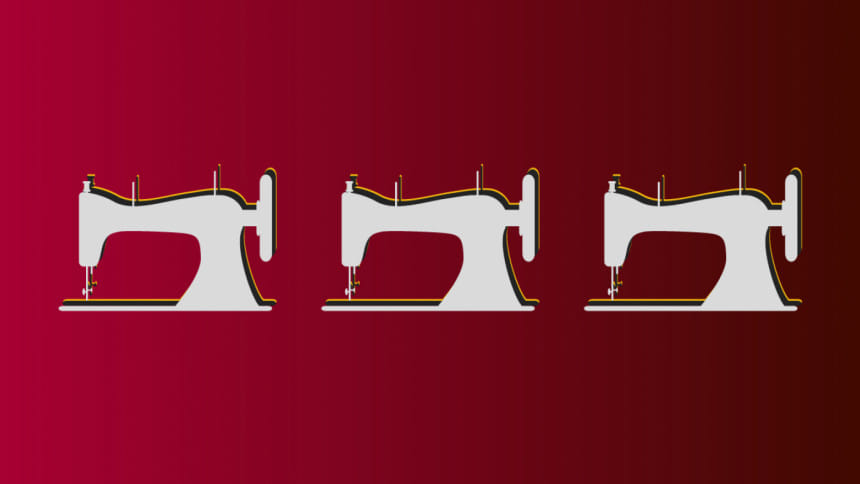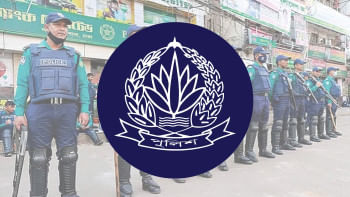Stop terminating garment workers amid pandemic: Labour ministry tells owners

The labour ministry today once again asked garment factory owners not to terminate workers amid the Covid-19 pandemic.
In May, the ministry sent letters to owners in this regard as some workers were terminated since April.
"We are asking owners not to terminate workers. But still some workers lost their jobs as they [factories] do not have work orders," said a senior labour ministry official seeking anonymity.
Begum Monnujan Sufian, state minister for labour and employment, talked to factory owners at a meeting held among representatives of garment factory owners, government high-ups and union leaders at her Secretariat office in Dhaka.
So far, nearly 24,000 workers have been terminated from their jobs since April this year, according to Industrial Police of Bangladesh, with employers citing declining work orders from international retailers and brands.
However, the number of terminated workers is much higher than the estimate of the industrial police, said Amirul Haque Amin, president of National Garment Workers Federation (NGWF).
"It is not logical that factory owners terminate their workers in times of crisis. During such difficult times they should protect their workers," Amin told The Daily Star over phone.
The factory owners are taking stimulus money from the government on one hand and terminating workers on the other, he alleged.
Even some international organisations like the EU have come up with financial assistance to help the garment sector in Bangladesh.
"Still, the factory owners have been terminating workers," Amin also said.
The brands and retailers should also take the responsibility for the garment business and workers, said Amin, who sent letters to H&M, Inditex and Primark in this regard.
Mohammad Hatem, vice president of Bangladesh Knitwear Manufacturers and Exporters Association (BKMEA), told The Daily Star that a lack of work orders has forced their hand in the termination of workers.
Although the export of garment has revived to some extent in May compared to April, it is still 56 percent lower than the corresponding month last year, Hatem said.
Moreover, buyers have been demanding unusual deferrals in payment, such as 195 days instead of the 90 days stipulated in the contracts or letters of credit agreement, he said.
Hatem said many owners did not get the money from the government's stimulus package of Tk 5,000 crore to pay wages and allowances to workers.
For instance, Hatem said 519 out of 838 members of his association got funds from the stimulus package in April, but not for May.
"We could see a silver lining in inflow of work orders from September onwards as international retailers and brands are placing increased volume of orders now," said Arshad Jamal Dipu, vice president of Bangladesh Garment Manufacturers and Exporters Association (BGMEA).
Usually June, July and August are lean months, he said, adding that most retail outlets in Europe and also in the US – two major export destinations -- have already been reopened.
Moreover, Bangladesh's capacity is much higher than Vietnam's. So, Bangladesh has the opportunity to catch the shifted work orders from China, the largest apparel supplier with 34 percent market share, he said.
"But everything depends on the magnitude of Covid-19 and duration of this pandemic. If the pandemic continues for a long time our business will suffer," he said.
He also said BGMEA has asked every owner not to terminate workers.
"We will need skilled workers as the situation is improving gradually. We do not want to terminate, but some factories really do not have work orders and most are small units that do not have the financial strength to continue enduring losses," Dipu said.
So far, nearly 500 RMG workers have tested positive for Covid-19.

 For all latest news, follow The Daily Star's Google News channel.
For all latest news, follow The Daily Star's Google News channel. 



Comments